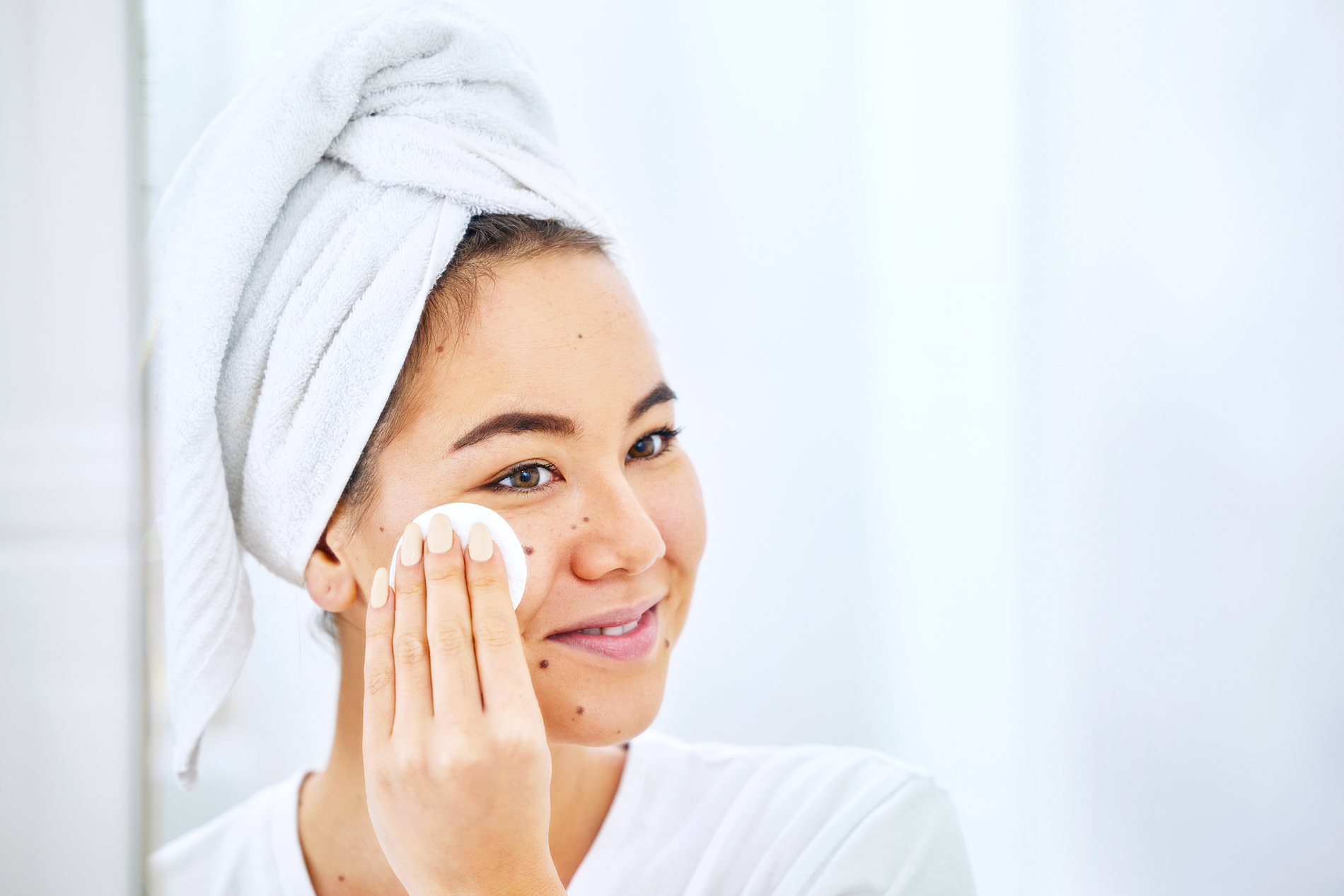We independently evaluate all recommended products and services. If you click on links we provide, we may receive compensation.
Toner is a surprisingly important step in your skin care routine, and one that can be a little confusing to get the hang of. That’s because there are so many options on the market that do different things for your skin. The most important thing to know is that toners l help improve the way other products work, making them a useful tool for folks of all ages and skin types.
But that’s not all they do. According to New York-based dermatologist Marisa Garshick, M.D., FAAD, “toner is a fast-absorbing liquid formulation that, depending on the specific ingredients, may also have additional antioxidant, hydrating, anti-inflammatory, or exfoliating benefits.”
After you cleanse your skin, it becomes alkaline, thanks to the cleansing ingredients used. If your skin is in an alkaline state, it’s hitting a pH level that’s higher than seven, which can cause irritation, dryness, and an off-kilter barrier. “Toners can be used after cleansing to help bring the skin back to a naturally acidic state,” Dr. Garshick explains. “By helping to restore the skin’s natural pH, it can help to support the skin barrier.”
You don’t want to apply serums right after cleansing because they’ll have to work overtime to balance that pH level again. Setting the stage with a healthy pH, thanks to toner, means any subsequent ingredients you add to your skin care routine will work even better.
When choosing a toner, check out the ingredients and tailor them to your skin care needs. For example, one that contains alcohol will be drying, which can make already dry skin much worse. “Hydrating toners typically incorporate humectants like glycerin or hyaluronic acid, which help to draw moisture into the skin,” Dr. Garshick says. Additionally, ingredients such as witch hazel, salicylic acid, and glycolic acid will help mattify oily skin.
This article is for general informational purposes only.
Affiliate Disclaimer Medical Disclaimer
















 Unique Beauty is free for all users.
Unique Beauty is free for all users.